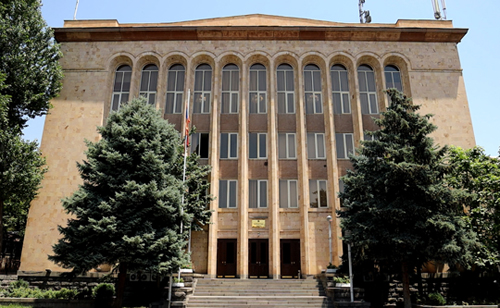
AMBASSADOR OF INDIA AT THE CONSTITUTIONAL COURT
On December 8, Harutyunyan G., President of the Constitutional Court of the Republic of Armenia hosted Yogeshwar Sangwan, the Extraordinary and Plenipotentiary Ambassador of India to Armenia.
The visit was cognitive, and Mr. Harutyunyan presented the Ambassador the structure, functions, and international relations of the Constitutional Court, and the establishment and activity of the World Congress founded with the Venice Commission in 2009, which involves 102 countries, including the Supreme Court of India.
Mr. Harutyunyan addressed to the Ambassador requesting the Supreme Court of India to participate at the traditional international conference which will be held in October 2017 as it may become the basis for the cooperation between the Constitutional Court of Armenia and. Supreme Court of India. He highly assessed the Ambassador’s efforts in developing Armenian-Indian relations and stressed with gratitude that the first Constitution of Armenia was written by the Shahamiryans in Madras, India in the early 18th century, and the activity of the Armenian community shows the special solicitude of the Indian government towards the Armenians living in that country.
Mr. Harutyunyan wished the guest fruitful work in his new position.
News
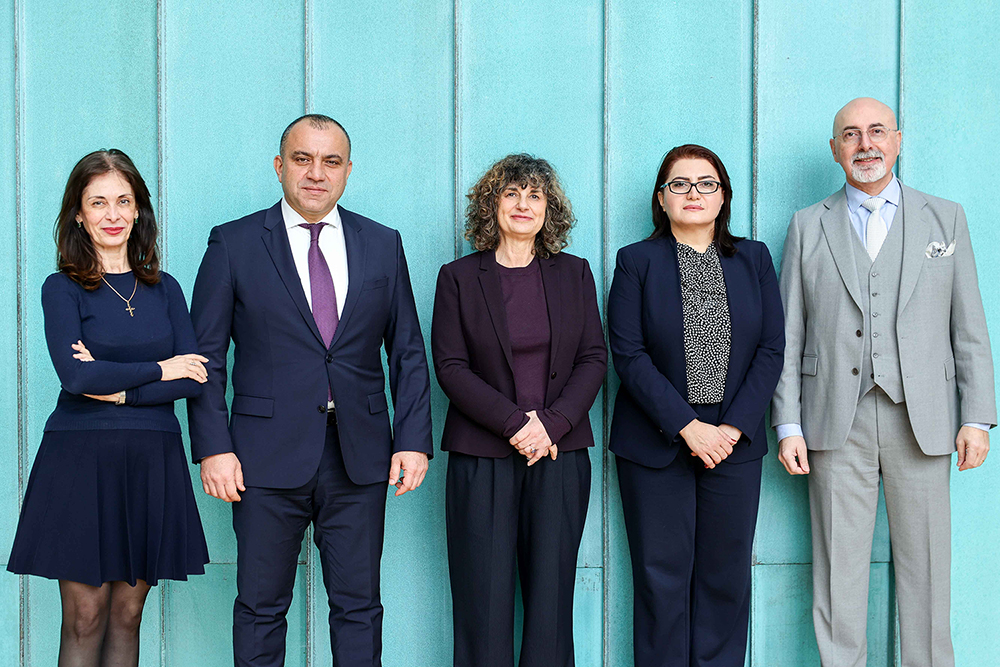
3 February 2026
THE PRESIDENT OF THE CONSTITUTIONAL COURT OF THE REPUBLIC OF ARMENIA MET WITH THE DIRECTOR OF HUMAN RIGHTS OF THE COUNCIL OF EUROPE
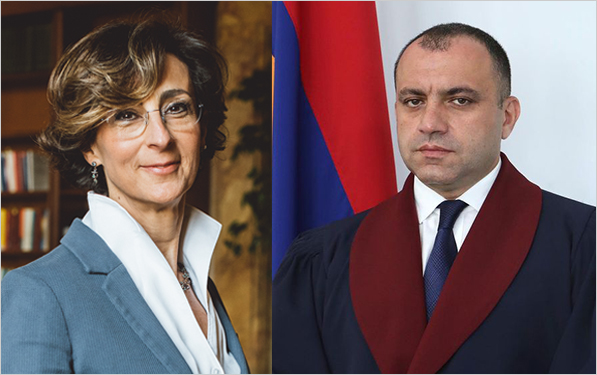
3 February 2026
THE PRESIDENT OF THE CONSTITUTIONAL COURT OF THE REPUBLIC OF ARMENIA MET WITH THE PRESIDENT OF THE VENICE COMMISSION
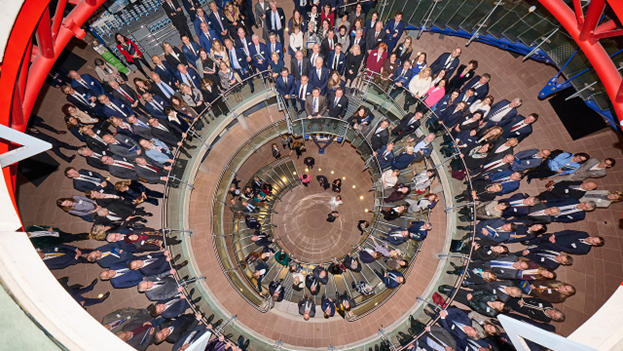
2 February 2026
THE PRESIDENT OF THE CONSTITUTIONAL COURT PARTICIPATED IN THE OPENING OF THE JUDICIAL YEAR OF THE EUROPEAN COURT OF HUMAN RIGHTS IN STRASBOURG
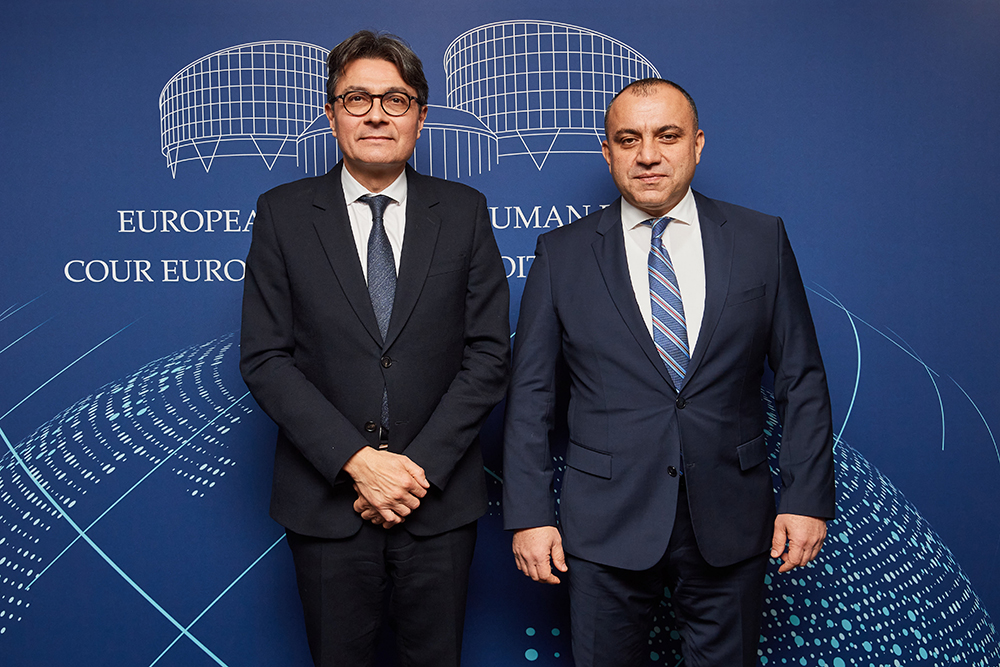
2 February 2026
MEETING OF THE PRESIDENT OF THE CONSTITUTIONAL COURT OF THE REPUBLIC OF ARMENIA AND THE PRESIDENT OF THE EUROPEAN COURT OF HUMAN RIGHTS IN STRASBOURG

20 January 2026
THE ROLE OF STATE AUTHORITIES AND CIVIL SOCIETY IN THE IMPLEMENTATION OF THE DECISIONS OF THE CONSTITUTIONAL COURT

The website of the Constitutional Court of the Republic of Armenia has been created as part of the Partnership for Good Governance (PGG II) Project ''Support to the judicial reform – enhancing the independence and professionalism of the judiciary in Armenia'' co-funded by the European Union and the Council of Europe. The views expressed herein can in no way be taken to reflect the official opinion of either party.

The upgrade of the official website of the Constitutional Court of the Republic of Armenia is made possible by the support of the American People through the United States Agency for International Development (USAID) as a part of the USAID/Armenia Justice Sector Support Project. The content of this website is the sole responsibility of the Constitutional Court and does not necessarily reflect the views of USAID or the United States Government.




